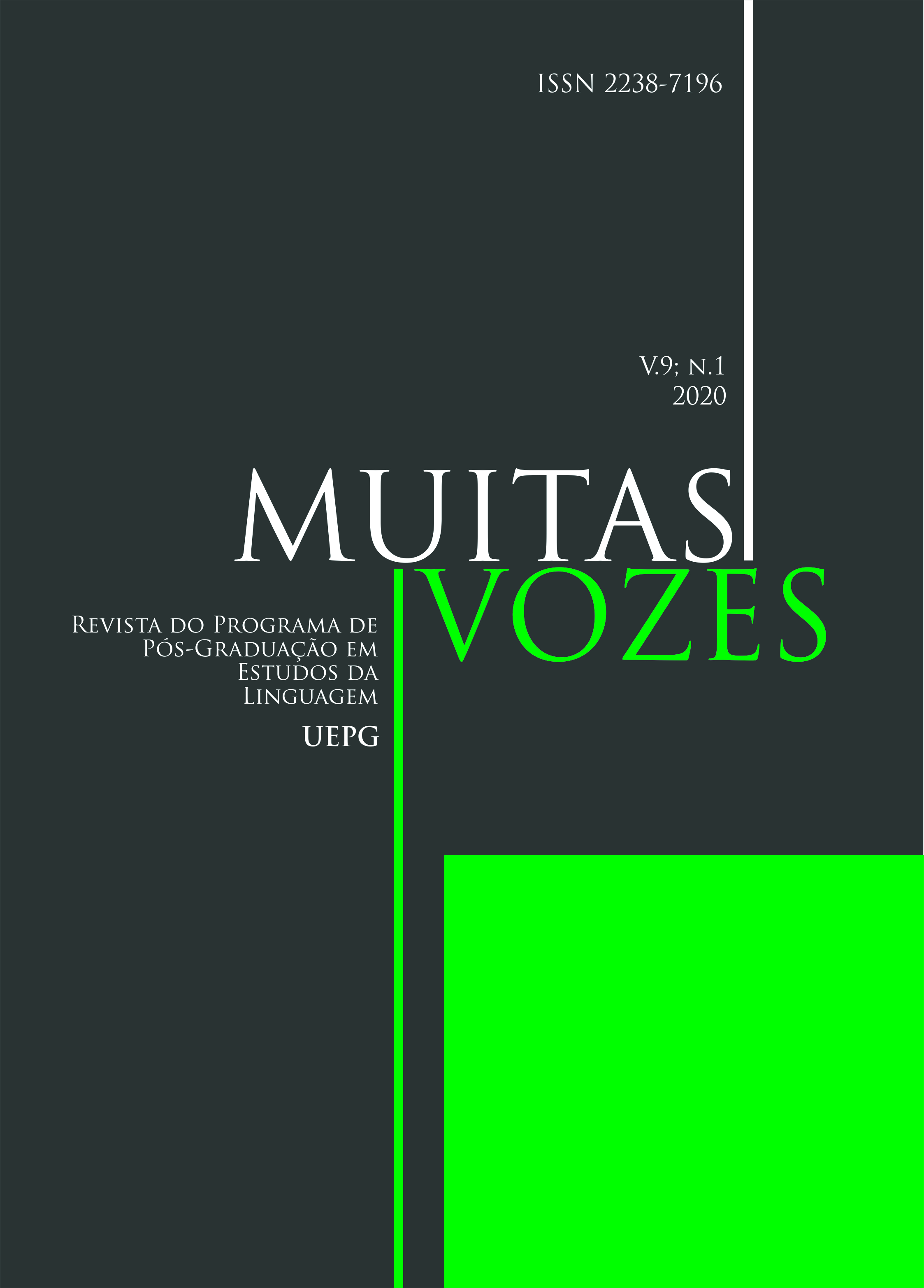O DEBATE EVOLUTIVO É RELEVANTE PARA A LINGUÍSTICA?
Resumo
O programa minimalista propõe um modelo de evolução da linguagem e um programa de pesquisas comparativo, interdisciplinar e empírico para a questão. A concepção de que a linguagem é uma capacidade emergente somente na nossa espécie sugere que os processos de seleção e de adaptação não influenciaram decisivamente na emergência de tal característica. Paralelamente, a pragmática cognitiva de orientação relevantista desenvolve, há mais de trinta anos, uma concepção de evolução de comportamento comunicativo que diverge das posturas centrais do programa minimalista. Este trabalho tem o intuito de apontar para questões epistemológicas e metodológicas que decorrem da confrontação entre ambas as propostas. A afirmação principal defendida aqui é a de que a adoção de uma perspectiva fortemente adaptacionista para a comunicação (viés relevantista) e fracamente adaptacionista para a linguagem/recursividade (viés minimalista), considerando a recursividade, assim como a comunicação verbal, capacidades emergentes da cognição humana, é possível desde que a centralidade da sintaxe, defendida pelo modelo gerativista e sutilmente reafirmada no programa minimalista, seja deixada de lado em prol de um modelo que não se furte a apontar uma explicação natural da comunicação via linguagem.
Downloads
Downloads
Publicado
Como Citar
Edição
Seção
Licença

Este obra está licenciado com uma Licença Creative Commons Atribuição 4.0 Internacional.
Transferência de direitos autorais: Caso o artigo submetido seja aprovado para publicação, JÁ FICA ACORDADO QUE o autor AUTORIZA a UEPG a reproduzi-lo e publicá-lo na REVISTA MUITAS VOZES, entendendo-se os termos "reprodução" e "publicação" conforme definição respectivamente dos incisos VI e I do artigo 5° da Lei 9610/98. O ARTIGO poderá ser acessado tanto pela rede mundial de computadores (WWW - Internet), como pela versão impressa, sendo permitidas, A TÍTULO GRATUITO, a consulta e a reprodução de exemplar do ARTIGO para uso próprio de quem a consulta. ESSA autorização de publicação não tem limitação de tempo, FICANDO A UEPG responsável pela manutenção da identificação DO AUTOR do ARTIGO.



